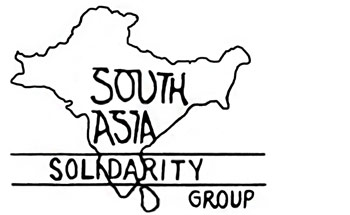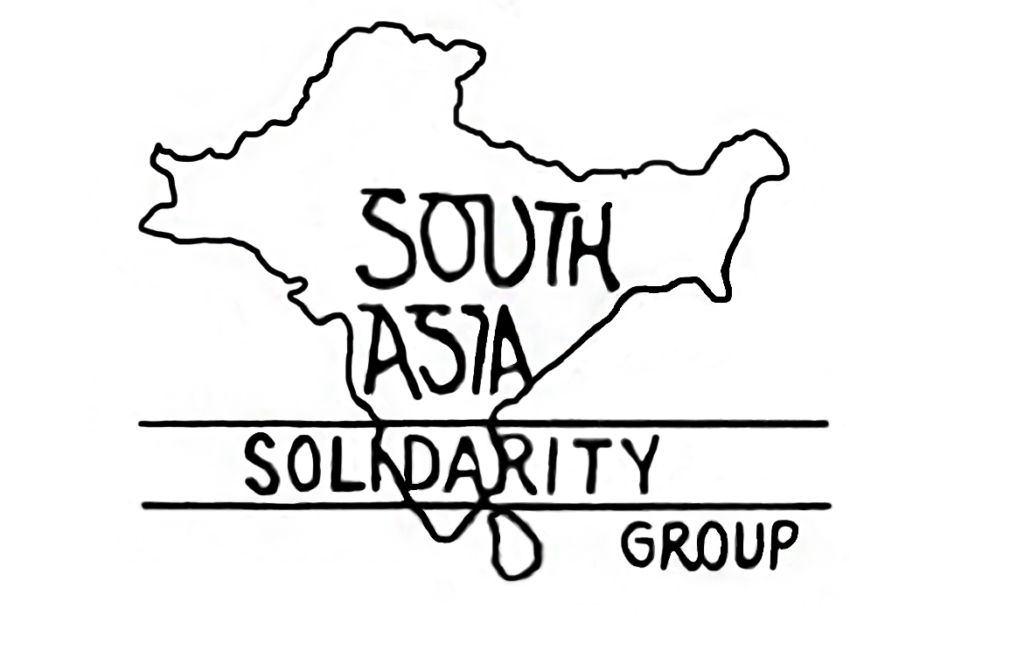Corporate Murder Vedanta plc
- August 3, 2011
- Posted by: admin
- Category: News
Corporate murder, environmental crimes:
Vedanta plc, DfID and the Indian State
PUBLIC MEETING AND FILM SCREENING
Saturday, 17 October 2009, 2.00pm – 4.00pm
Rm 302 Clement House, London School of Economics, The Aldwych, London WC2
(Map of LSE at http://www2.lse.ac.uk/mapsAndDirections/findingYourWayAroundLSE.aspx)
- What is it like for those most directly affected by this British- registered and Indian- owned multinational company?
- What are its links to powerful interests in India, Britain and internationally?
- What are its connections to India’s Hindu fascists and those trying to set up the first Hindu secondary school in Britain?
Samarendra Das activist, film-maker and researcher will discuss these and related issues at a screening of extracts from his remarkable film Wira Pdika (Earthworm and Company Man) in which people from the Adivasi Dongria Kondh and Majhi Kondh communities, activists, singers and dancers, forest dwellers and fisher people speak about their lives and their struggles against ‘the company’.
Samarendra has been an activist for the past 16 years with the Kondh communities, and his research includes extensive studies of transnational companies, NGOs and the institutional architecture of the global elite.
Vedanta’s record
On the 23 September, more than a hundred people lost their lives in one of the worst accidents in India’s recent construction history at a power plant being commissioned by the Vedanta-controlled Bharat Aluminium Company (Balco) in Chhattisgarh state. In India, health and safety rules are routinely flouted, even so, this was one of the worst accidents in recent history. While a state-level inquiry was launched, Balco officials fled Chhattisgarh leaving local people rescuing the survivors. Meanwhile Vedanta officials in London ascribed it all to ‘bad weather’. In fact, Vedanta and its subsidiaries are routinely implicated in death and destruction in other parts of India too, most notably in the state of Orissa state where their mining activities are causing:
*The drying up of streams and major rivers, which are the lifeline for tens of thousands of people leading to unprecedented environmental disasters in drought and famine prone districts
* The pollution of fertile agricultural lands and contamination of drinking water sources in vast areas
*The destruction of the Niyamgiri hills – known as the most beautiful mountains in India – which will wipe out the ancient civilization of the Dongria Kondh adivasi community who regard the Niyam Dongar mountain and forests of the area as their Gods.
*Mass Unemployment and Destitution as farmers, fishing communities and forest dwellers are being displaced and abandoned in shanty-towns.
*The destruction of the social structure in the areas where the company and its subsidiaries are involved leading to a sharp rise in illegal liquor shops, fraudulent money-lenders, domestic abuse and suicides.
Organised by South Asia Solidarity Group
For further details contact sasg@southasiasolidarity.org , tel. 07846873341


